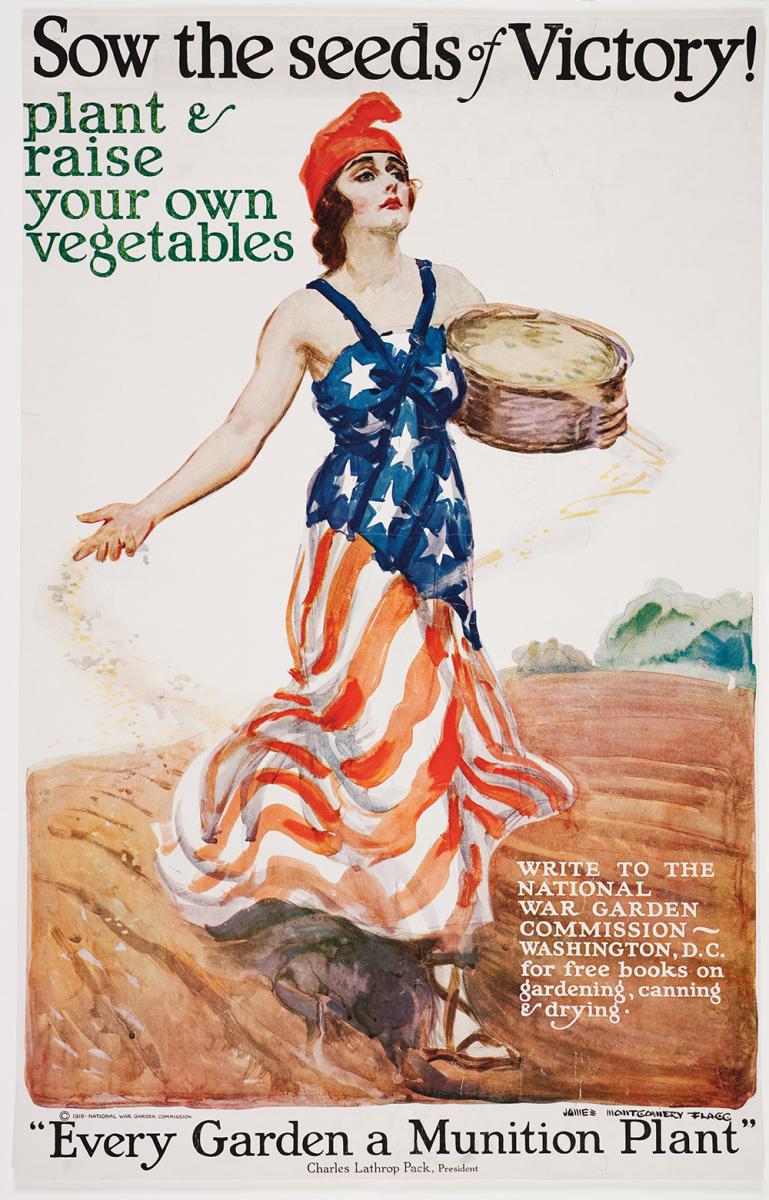He ran for president with the motto "He kept us out of war!"
Woodrow Wilson
Led by George Creel, this government department promoted the war for Americans by producing pamphlets, organizing speeches, etc
The Committee on Public Information
person whose moral or religious beliefs forbade them to fight in war
Conscientious objector
the civilian population and activities of a nation whose armed forces are engaged in war abroad.
Homefront
The spark of the Great War:
The Assassination of Franz Ferdinand
This law made it unlawful to criticize gov’t, the Constitution, the military forces.
Sedition Act
1.2 million African Americans moved North in search of jobs and better opportunities
Great Migration
Media that is aimed at influenced the attitudes and actions of people toward/against a cause/position. Often one-sided.
Propaganda
Germany bypassed French defense and invaded this neutral country to reach France
Belgium
He was imprisoned under the Sedition Act for giving a mildly antiwar speech. He ran for president from prison. Harding commuted his sentence in 1921.
Eugene Debs
Germany, Austria-Hungary, Italy
Triple Alliance
What is the objective of this wartime propaganda?

Conservation of Resources
Homefront
Identify the four countries part of the Central Powers
Bonus 25 points if you can explain why they are called the Central Powers
Germany, Austria-Hungary, Ottoman Empire, Bulgaria
Located in the central part of Europe
This department regulated industry, set prices, and determined where goods would go.
Bonus 50 points if you can correctly identify the man in charge of the department.
War Industries Board
Bernard Baruch
Territory taken from France in 1871; annexed by Germany
Alsace-Lorraine
x+7(8 + 6x) = 357
Solve for x
x = 7
Identify at least two reasons Americans wished to remain neutral during the Great War:
- isolationist: not our problem 3,000 miles away
- economic: cost the people money
- divisive: many Americans hailed from these European countries
- moral: war is wrong
SCOTUS case which ruled that civil liberties could be restricted or limited in wartime
Schenck v the United States
allowed postal workers to censor printed materials such as newspapers and magazines which could be seditious, or treasonous. Penalty: $10,000 fine/20 years in prison
Espionage Act
When plants convert sunlight into energy, it is a process called:
Photosynthesis